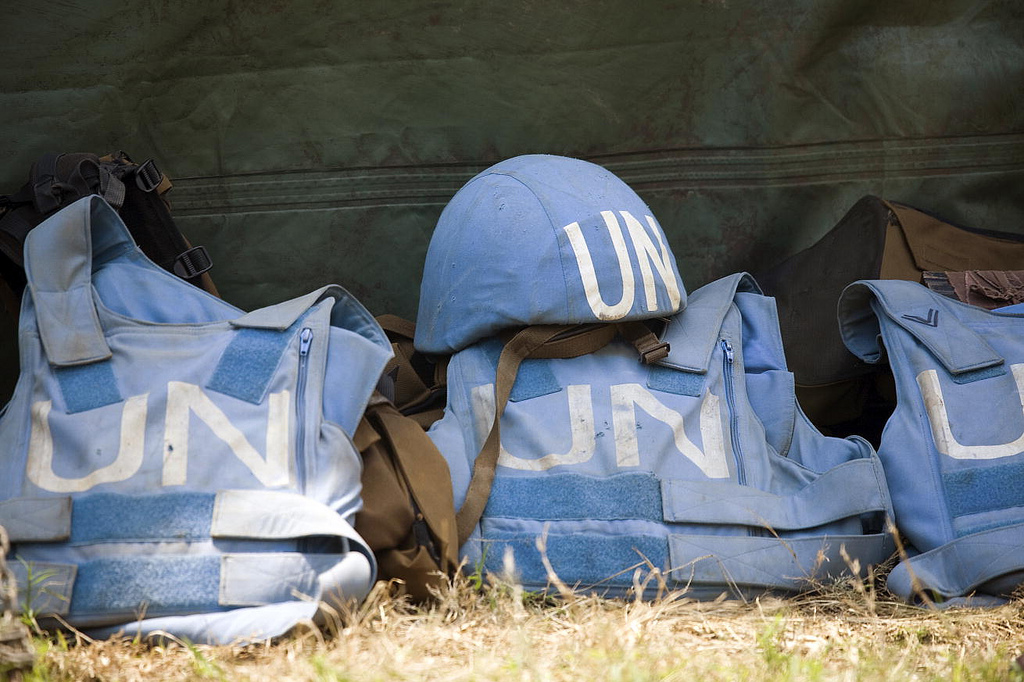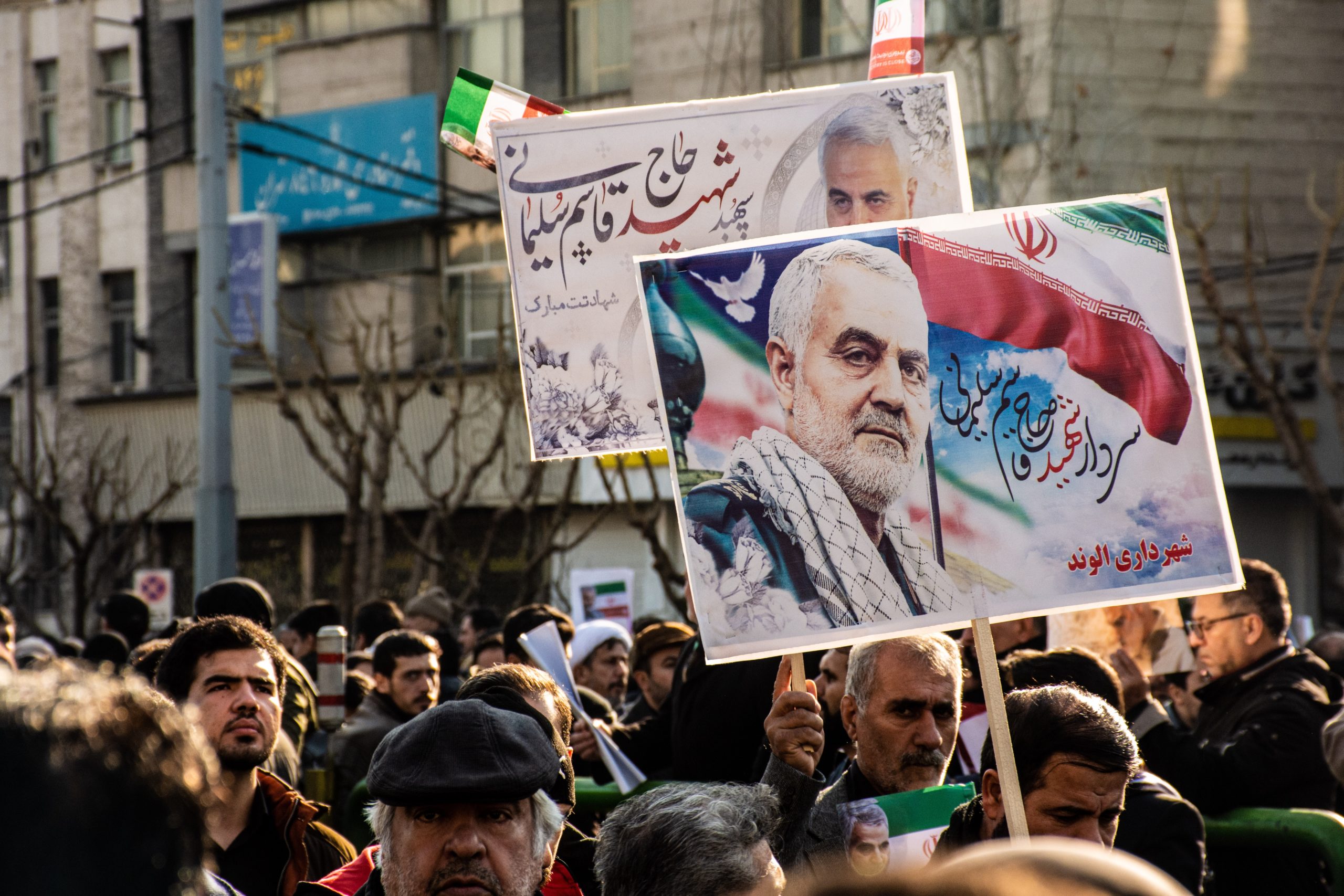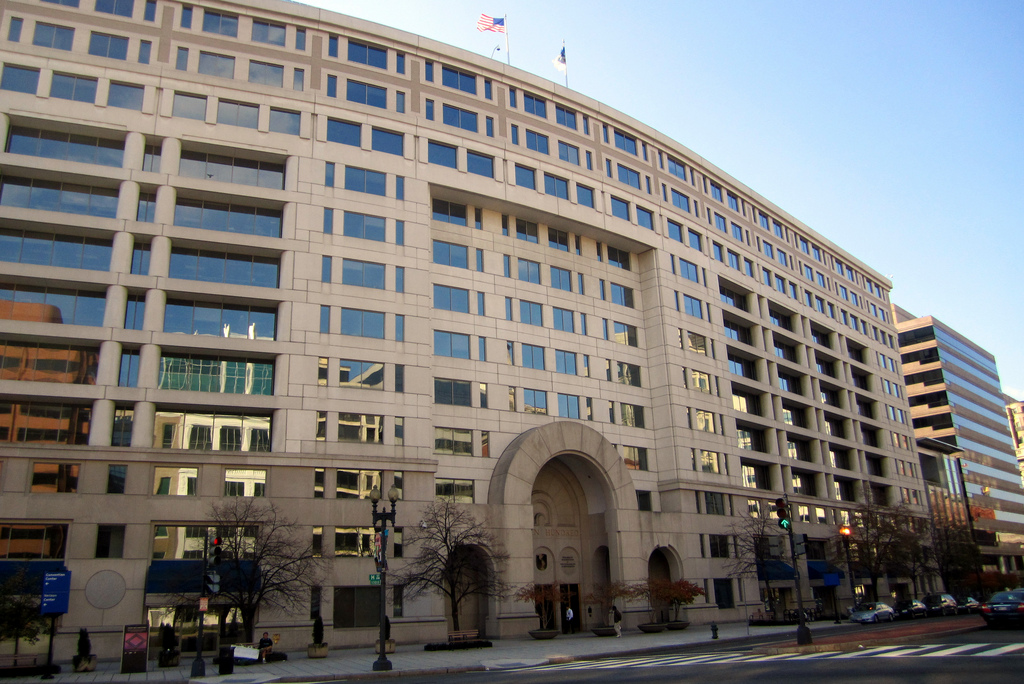By Andrew Mack

In 2005, the UN’s World Summit stressed the need to create “a culture of prevention” in order to reduce the risks and costs of war. A decade later, June 16th, 2015 the UN’S High-Level Independent Panel on Peace Operation’s report pointed out that the “culture of prevention” had still not materialized and that, “… recommendations and resolutions have largely gone unimplemented.”
This was hardly news to close observers of the UN system. Writing in 2007, Barnet Rubin and Bruce Jones noted that the UN’s success in this area, “…has been limited to cases of interstate conflict between smaller powers [and that] by almost any measure, the UN’s record in preventing armed conflict has been mixed to poor.”[1]
There are a number of reasons for this persistent, but little publicized, failure. First, the overwhelming majority of conflicts in the post-Cold War world have taken place within, not between, states. And here attempts promote preventive diplomacy—i.e., using international mediators and other diplomatic means to prevent disputes escalating into deadly conflicts—have been repeatedly rejected by governments as interference in their internal affairs.[2]
Second, there are always far more states where violence might break out than where it actually does break out—as members of the UN Security Council are acutely aware. Given that the Council rarely has the time or resources to deal effectively with conflicts that do break out, it is not surprising that they are not very proactive in pushing for interventions in disputes that will likely never escalate if left alone.
Third, until relatively recently, even if there had been a demand for international mediation to prevent conflicts from arising—or escalating—the UN had no cadre of experienced mediators to meet the need. This began to change in 2007 when a Mediation Support Unit (MSU) was created in the UN ‘s Department of Political Affairs. The MSU has a Standby Team of experienced mediators at its disposal who can be could be dispatched to provide technical advice to trouble spots if needed.
An assessment of the effectiveness of the Mediation Support Unit published in January 2011 noted that the stand-by team had been deployed some 77 times to some 30 countries. The evaluation team noted specific challenges—and some successes. But, as mediators often point out, determining whether or not preventive diplomacy initiatives are successful is very difficult—success means that nothing happens. Attributing causation to a non-event is not exactly easy.
Finally, there is what the UN sometimes calls “structural prevention.” This has nothing to do with diplomacy and everything to do with the economic and social development. Here the idea is that equitable and sustainable growth policies will reduce the risks of conflict by increasing the capacity of governments. This in turn will create state resources to both address grievances and to defeat insurgencies. Thus while conflict prevention may not be an objective of development policy, it may be one of its serendipitous consequences.
However, the UN departments responsible for security—the Departments of Political Affairs and Peacekeeping Operations—have little or no expertise in development, which means that “structural“ conflict prevention, like preventive diplomacy is more talked about than intentionally practiced by the UN’s main security actors.
[1] Barnett R. Rubin and Bruce D. Jones, “Prevention of Violent Conflict: Tasks and Challenges for the United Nations, ”Global Governance, Vol. 13, No. 3 (July–Sept. 2007), pp. 391-408
[2] Ibid., p. 394






6 comments
Reblogged this on Tana Daily Telegraph and commented:
“…This was hardly news to close observers of the UN system…” – original author
There are a couple of gorillas in the room. One is capitalism, which breeds conflict because of its winner-take-all, dog-eat-dog, devil take the hindmost core values. Another, related gorilla is the imperial adventurism of the United States, which other states are now beginning to imitate. Since the US is still the hegemon, the big dog, it is going to be pretty hard to reduce either of these sources of conflict.
It seems that the reconfiguration of world boundaries, in this post-cold-war world order where the weapons-of-mass-destruction are possessed by both legitimate and illegitimate actors, may not be an outcome of bloody-war-like-situation as it happened during both first and second world war times;rather it will be a result of mutual understanding between nation-states and non-nation-states. The primary actors who could build mutual understanding between various warring parties are expert mediators.This is because,it seems that the world is leaning more towards deterrent principle than the principle of reciprocity. The former is primarily characterized by the notion of pure-threat whereas the latter is characterized by pure-compassion. The act of mutual understanding is the only alternative available where the relations are shaped by deterrent principle, because deciding not to build consensus is the surest way to destroy everyone. However, contrary to that, when the relations are shaped by the principle of reciprocity,deciding not to build consensus may not destroy everyone.
It s a dictatorship of the most extreme kind, a cult of personality beyond anything Stalin or Mao could have imagined, a country as closed off to the world and as secretive as they come, keeping both the outside world and its own people completely in the dark about one another—a true hermit kingdom.